https://www.youtube.com/watch?v=RRKVqj2Zm6U
The First Steps to doing Business in India

Setting up a business entity in India depending on the requirements and circumstances , various types of business entities can be established in India .
We will explain the process step by step , step .
One , the first step is to decide on the type of business entity .
The registration procedure and associated legal requirements depends on the type of business .
We will explain various types of common businesses now , types of business entities .
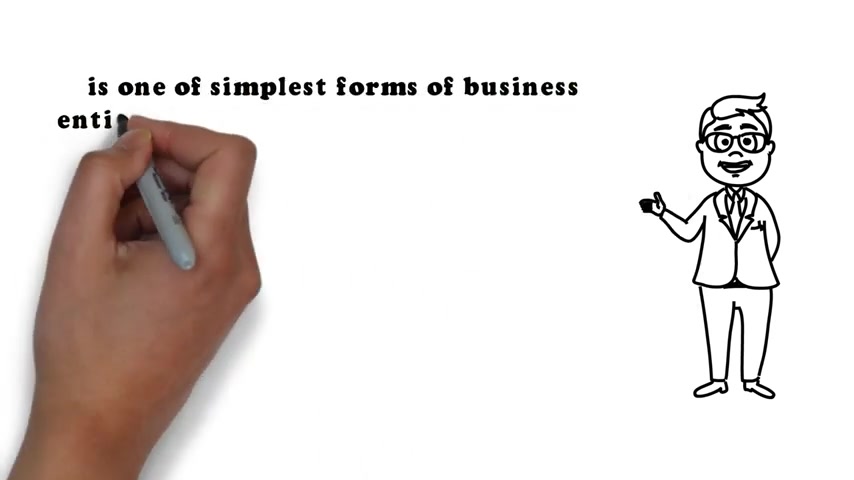
One proprietorship is one of the simplest forms of business entity to register and maintain in India , a startup with a single owner on a small scale might choose this type of business .
There is no formal proprietorship registration to start a proprietorship only pin number for the proprietor is required along with a bank account in the name of the proprietorship .
Two partnership , the objective of a partnership firm is to pull together people so that more capital , skills and efforts can be brought together .
At least two members are required to start a partnership business to register such business .

One needs a partnership deed which is duly notarized through a notary three limited liability partnership .
L LP is a partnership firm that has its own legal standing .
The liability of the partners in an L LP is limited to the investments and therefore , it is called a limited liability partnership .
L LP is governed by the provisions of the L LP Act 2008 .
The registration of L LP is done through registrar of companies that is R O C first , the partners need to register at R O C and get designated partner identification number .
And thereafter they can apply for registration of L LP online .
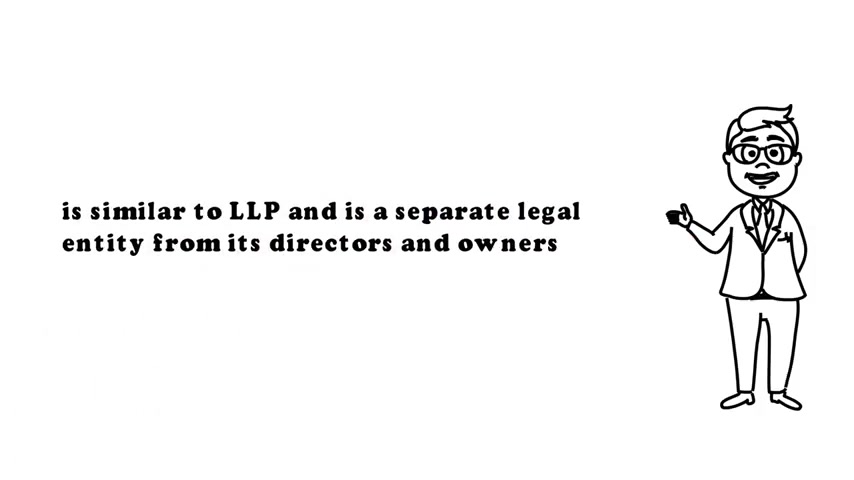
Four , a private limited company is similar to L LP and is a separate legal entity from its directors and owners being more complex .
A private limited company is established only when the business grows significantly .
Or if a business involves significant capital and efforts , limited companies are governed by the provisions of the Companies Act 2013 .
The directors of the company need to register and obtain directors identification number that is D I N and then the application for registration of company may be applied online at R O C website .

51 person company is similar to a limited company , only one person is required who can be a shareholder as well as the director of the company new concept in India , which has been introduced by the Companies Act 2013 and is useful for small companies with less than ₹50 lakh annual turnover .
Six A registered society is managed by a governing body answerable to each other .
The donors and the Registrar of societies are informed on decisions made by the governing body .
It is registered under society's registration act .
18 60 seven Trust enables the transfer of ownership from the first person to a second person for the benefit of a third person .
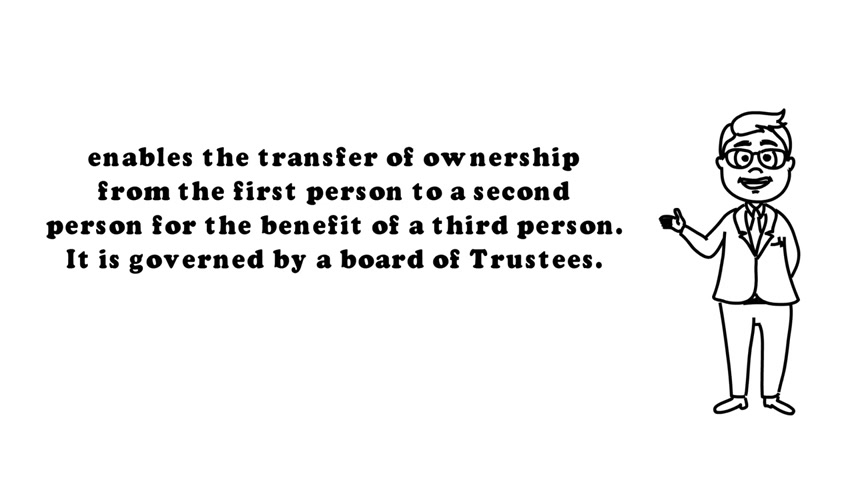
It is governed by a board of trustees .
Private trusts are registered under the Indian Trusts Act .
18 82 Hindu undivided family H U F consists of persons linearly descendant from a common ancestor .
H U F is governed by the provisions of Hindu law .
A business entity can be registered as an H U F as well .
Now that we know the different types of businesses in India , we may choose the one that suits us the most and move to the next step .
Step two , one needs to identify what nature of the business the firm registered in step one would conduct from export , import perspective .

One can choose any one of the options manufacturer .
A manufacturer has a unit which takes in raw materials and processes them to create finished goods as per the foreign trade policy .
Manufacture includes processes such as refrigeration , rep , packing , polishing , labeling , reconditioning , repair , remaking , refurbishing testing , calibration , reengineering for manufacturers .
The moment your turnover crosses a certain threshold , one has to pay excise duty before the goods can leave the factory gate for the sake of paying excise duty .
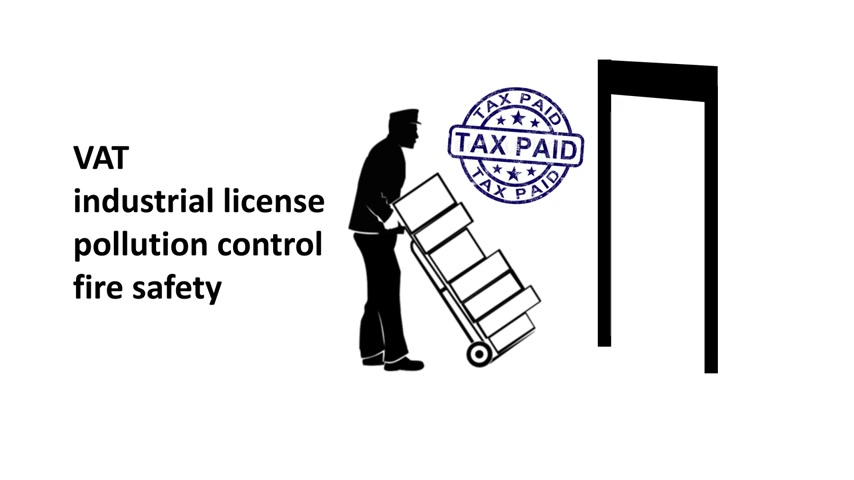
A central excise registration certificate has to be obtained .
In addition , other registrations such as W T industrial license , pollution control , fire safety and such might be applicable depending on the nature and type of manufacturing activities .
Merchant merchants do not have their own manufacturing .
Set up .
Merchants buy goods from a manufacturer or another merchant and then sell the goods to customers or other merchants or manufacturers in India or abroad .
Both merchants and manufacturers are allowed to carry on export , import businesses in India .
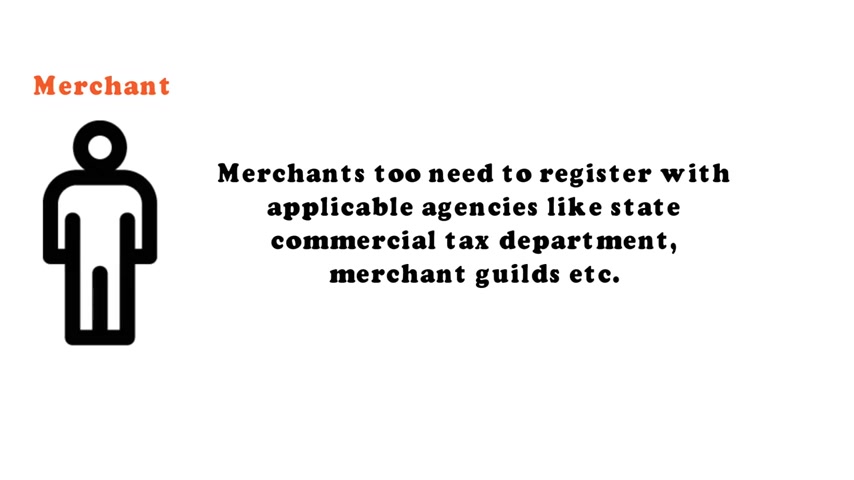
Merchants too need to register with applicable agencies like state commercial tax department , merchant guilds , et cetera .
Service provider , services provider provides intangibles like consultancy services I T services B P O services , et cetera .
All service providers need to register with service tax department and pay service tax as applicable once the turnover crosses a certain threshold .
In addition , they may also register with various service sector associations such as Nasco , et cetera .
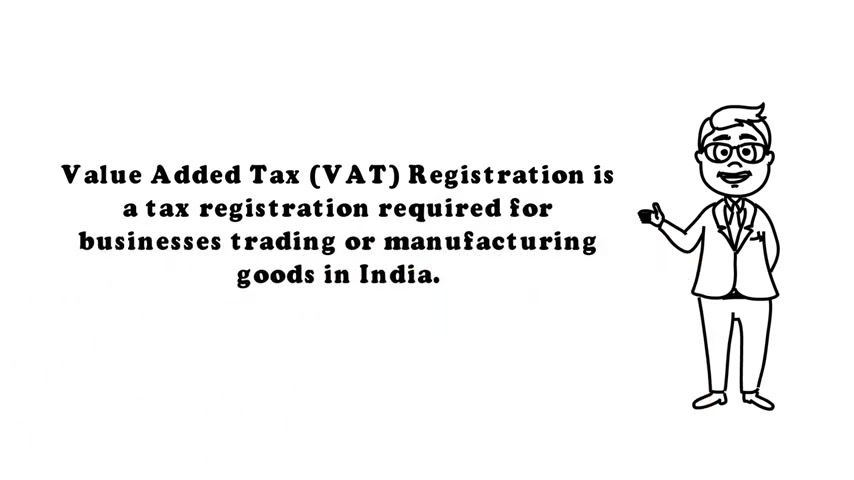
Yeah , step three value added tax vat registration is a tax registration required for businesses trading or manufacturing goods in India that is collected and governed by the state government .
Vat registration is mandatory if turnover is about five or ₹10 lakh depending on the state summary to recap this video , one needs to first decide on the type of business entity depending on the size scale and requirements .
As explained in step one , then one needs to register the business entity as detailed in step one and step two thereafter , depending on the type of business and turnover .
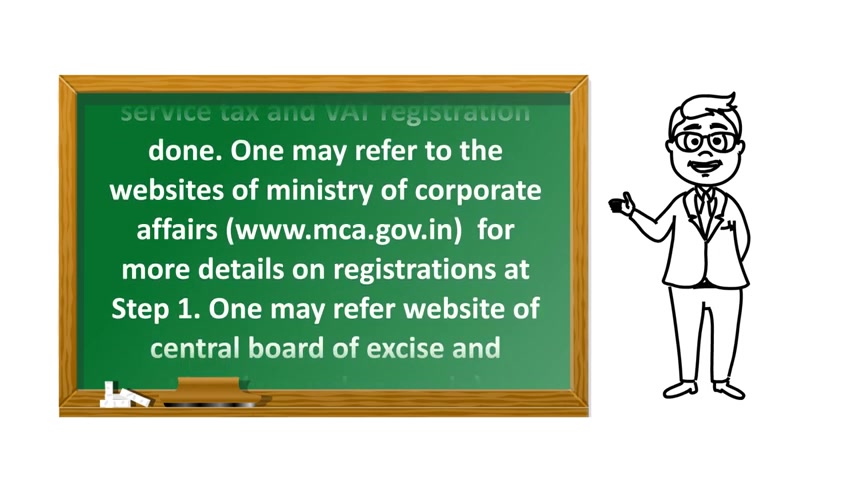
One has to check whether they are required to get their excise service tax and vat registration done .
one may refer to the websites of Ministry of Corporate Affairs triple W dot mc A dot G O V dot I N for more details on registrations at step one , one may refer website of Central board of excise and Customs triple W dot C B E C dot G O V dot I N as well as state commercial tax department .
For more details on step two and step three registrations .
In case of any doubt , your Banu is available for help .
Are you looking for a way to reach a wider audience and get more views on your videos?
Our innovative video to text transcribing service can help you do just that.
We provide accurate transcriptions of your videos along with visual content that will help you attract new viewers and keep them engaged. Plus, our data analytics and ad campaign tools can help you monetize your content and maximize your revenue.
Let's partner up and take your video content to the next level!
Contact us today to learn more.